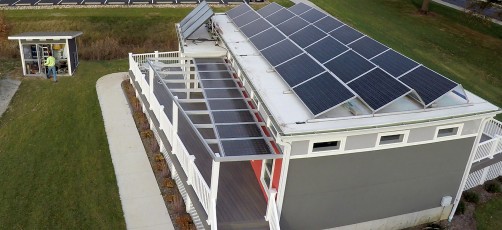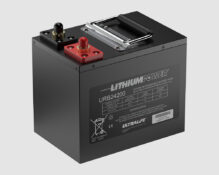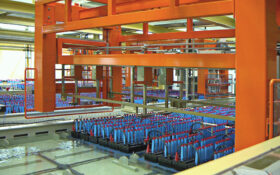Missouri University of Science and Technology (MUST) has installed two new advanced lead battery microgrid systems at its campus EcoVillage, to test advancements in lead battery energy storage for use as a renewable resource in communities of the future.
The microgrids will supply two student-occupied homes in the EcoVillage— a ‘living laboratory’ of homes designed and created by Must students who competed in the US Department of Energy’s biennial Solar Decathlon—with stored electricity from the systems, which run off charging algorithms from a 24-hour, cloud-based control system.
Stephane Menand, director of MUST’s renewable energy research, said: “All of us involved in Missouri S&T’s Microgrid Industrial Consortium are tapping the potential of advanced lead batteries to create and convey the knowledge of how they will help meet the world’s need for renewable energy storage.”
Director of the Advanced Lead Acid Battery Consortium Dr Alistair Davidson said the project “will potentially unlock the ability to supply secure, reliable and environmentally sustainable energy to homes across the US using the microgrid model”.
The project has a three-year timeline for research and study, and should be completed by 2021.












